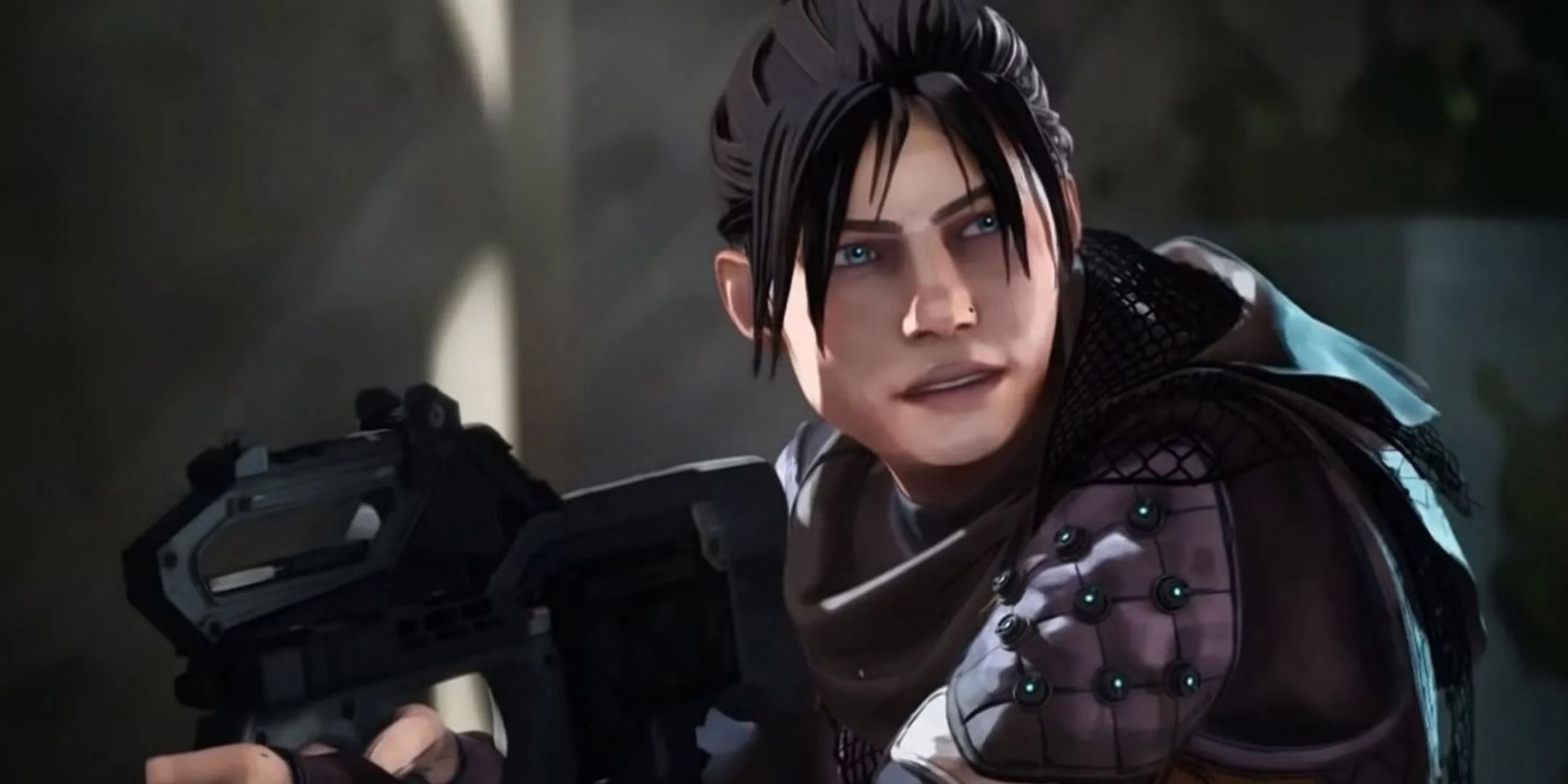In a bold move that has sent ripples through the gaming industry, the entire French voice cast for Apex Legends, led by Pascale Chemin who voices the iconic character Wraith, has collectively refused to sign an agreement allowing their voices to be used for generative AI training. This decision, revealed through Chemin's statement on social media, highlights a growing resistance among creative professionals against the encroachment of artificial intelligence on their livelihoods. As the year 2025 unfolds, the tension between technological advancement and human artistry intensifies, with voice actors standing at the forefront of this battle. Many observers feel a profound sense of admiration for their courage—after all, in an era where AI can replicate human nuances with startling accuracy, these artists are fighting not just for jobs but for the very soul of storytelling. 😔
Chemin's Instagram post, which surfaced earlier this year, detailed how the publisher, widely believed to be EA, presented the cast with a confidentiality annex that mandated their voices could be employed to train generative AI systems. She described the terms as "unacceptable," emphasizing that signing would essentially hand over their unique vocal identities to machines that might one day replace them. This annex was part of the pre-employment requirements, meaning refusal could cost them their roles. Imagine the weight of that choice: after years of bringing characters like Wraith to life with passion and skill, they faced the ultimatum of surrendering their craft or walking away. The emotional toll is palpable—Chemin herself lamented the scarcity of voice acting work, yet stood firm, stating that enabling a tool designed to erase their contributions was beyond compromise. 💬

Generative AI's rapid evolution in voiceover technology has become a double-edged sword. On one hand, it promises efficiency and cost savings for studios; on the other, it threatens to devalue human talent across creative fields. Voice actors, in particular, are vulnerable, as their work is easily digitized and replicated. Chemin's revelation isn't isolated—it echoes similar incidents over the past year, where companies have pressured actors into agreements that blur ethical lines. For instance, in the French Apex Legends team, all 31 actors united in a collective refusal letter to EA, awaiting a response that could reshape their careers. The solidarity here is heartening; it's as if they're saying, "Our voices are ours alone, not data points for algorithms." This stance resonates deeply with fans and fellow artists, who worry that AI's rise could strip stories of their authenticity. After all, what makes a character like Wraith memorable isn't just the words but the soulful inflections only a human can deliver.
The broader implications of this refusal cannot be overstated. Generative AI tools have advanced to a point where they can mimic emotions and dialects with eerie precision, yet they lack the lived experiences that inform genuine performance. Chemin and her peers' rejection sets a powerful precedent for the industry. Consider the potential outcomes if EA doesn't back down:
-
🚫 Replacement of the entire French voice cast, leading to a loss of continuity and fan connection.
-
⚖️ Legal battles over intellectual property rights, as actors fight to retain control of their vocal likenesses.
-
🌍 Ripple effects in other regions, where voice actors might be inspired to demand similar protections.
This standoff reflects a larger crisis in creative professions. With AI-generated content flooding markets, many artists feel a gnawing anxiety about obsolescence. Subjectively speaking, it's heartbreaking to see talents who've dedicated their lives to their craft now defending it against machines. The personal sacrifices involved—like giving up cherished roles—highlight the human cost of progress.
As 2025 progresses, this incident underscores a critical juncture for entertainment. The refusal by Apex Legends' French voice actors isn't just about one game; it's a clarion call for ethical boundaries in AI development. Echoing the opening sentiment, their courage in facing potential job loss to safeguard their artistry serves as a beacon of hope. In the end, preserving the irreplaceable human touch in storytelling is a fight worth waging—one that ensures future generations can still hear the passion in a voice that only comes from a beating heart. 💪
